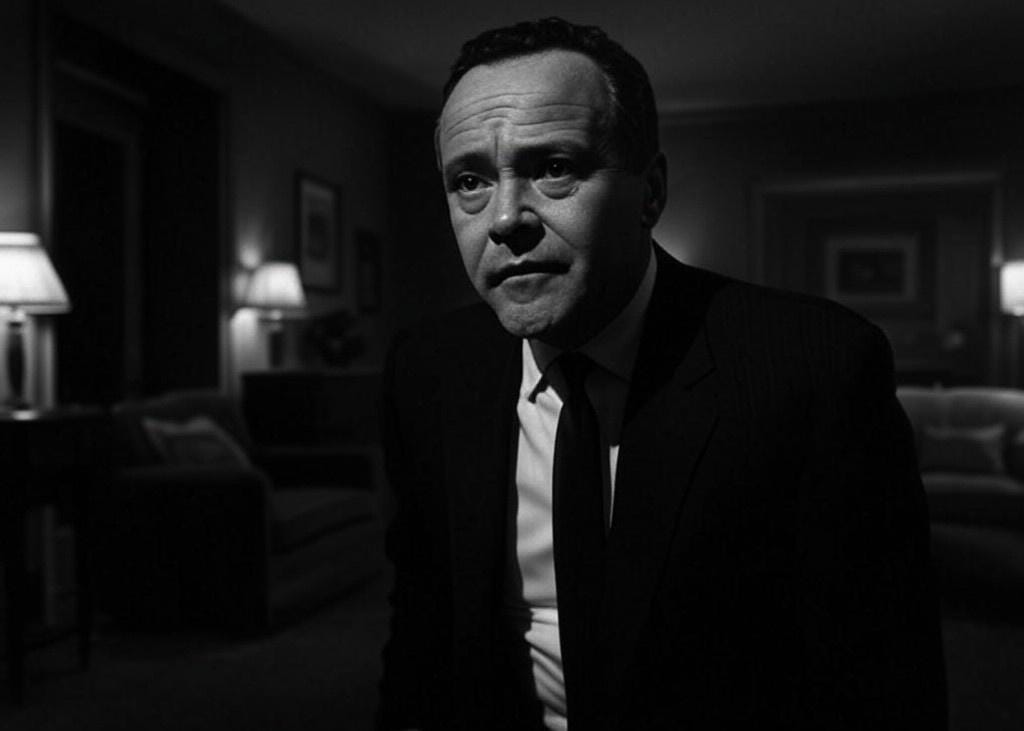The Apartment (1960) #tcm #pick #NYE
Sharp, Funny, and Surprisingly Heartfelt Classic
Billy Wilder’s *The Apartment* isn’t just a movie—it’s a masterclass in how to make you laugh, cry, and question your life choices all at the same time. It’s 1960, corporate America is thriving, and Jack Lemmon’s C.C. Baxter is the guy stuck holding the bag—or, more accurately, the keys to his apartment. Baxter, a low-level insurance drone, loans out his tiny bachelor pad to his philandering bosses so they can conduct their sleazy affairs. Why? Because he’s desperate to climb the corporate ladder, even if it means being a doormat. It’s awkward, it’s hilarious, and it’s painfully relatable.
Let’s start with Jack Lemmon. This guy is the king of playing the lovable loser. Baxter is the kind of guy who makes spaghetti with a tennis racket and still somehow wins your heart. He’s awkward, self-deprecating, and so earnest you want to shake him and say, “Buddy, you’re better than this!” But Lemmon’s performance is so layered that you can’t help but root for him, even as he’s making terrible decisions.
And then there’s Shirley MacLaine as Fran Kubelik. Oh, Fran. She’s the elevator operator with a pixie cut and a heart full of hope, even as she’s stuck in a toxic relationship with Baxter’s married boss, Mr. Sheldrake (played to slimy perfection by Fred MacMurray). MacLaine is a revelation here—funny, sharp, and heartbreakingly vulnerable. She’s not just the “love interest”; she’s a fully realized character with her own struggles and dreams. When she and Baxter share the screen, it’s pure magic. Their chemistry is so real, it feels like you’re watching two people fall in love in real-time.
But let’s not gloss over the darker undertones. For all its laughs, *The Apartment* doesn’t shy away from the messy, uncomfortable realities of ambition, loneliness, and moral compromise. This isn’t some fluffy rom-com where everything gets tied up in a neat little bow. Wilder’s script is razor-sharp, skewering corporate greed and the transactional nature of relationships in a way that feels just as relevant today as it did in 1960. It’s funny, yes, but it’s also deeply cynical—and that’s what makes it so brilliant.
And can we talk about that apartment? That cramped little space is practically a character in its own right. It’s the stage for everything—awkward encounters, drunken confessions, and moments of quiet heartbreak. The way Wilder uses the apartment to mirror Baxter’s emotional state is nothing short of genius. When it’s full of people, it feels suffocating. When it’s empty, it feels unbearably lonely. It’s a visual metaphor that hits you right in the gut.
The black-and-white cinematography is another standout. It’s so crisp and stylish, it makes you nostalgic for a time when movies didn’t need explosions or CGI to hold your attention. And the score by Adolph Deutsch? It’s the perfect mix of whimsy and melancholy, capturing the film’s bittersweet tone to perfection.
And then there’s the ending. Oh, that ending. When Fran shows up at Baxter’s apartment on New Year’s Eve and he tells her to “shut up and deal,” it’s one of the most satisfying, understated conclusions in cinematic history. It’s romantic without being cheesy, hopeful without being saccharine. Wilder knew exactly when to pull back and let the audience fill in the blanks, and it’s a move that pays off big time.
Bottom line: *The Apartment* is a near-perfect blend of humor, heart, and social commentary. It’s a movie that feels timeless, tackling themes of ambition, loneliness, and redemption with a sharpness and authenticity that’s hard to find in modern cinema. Whether you’re watching it for the first time or the fiftieth, it’s a film that only gets better with age.
**Final Rating: 8.6/10**
Punchy, poignant, and packed with personality, *The Apartment* is a timeless classic that deserves a spot on everyone’s must-watch list. If you haven’t seen it yet, what are you waiting for? Baxter’s got the key, and the door’s wide open.



